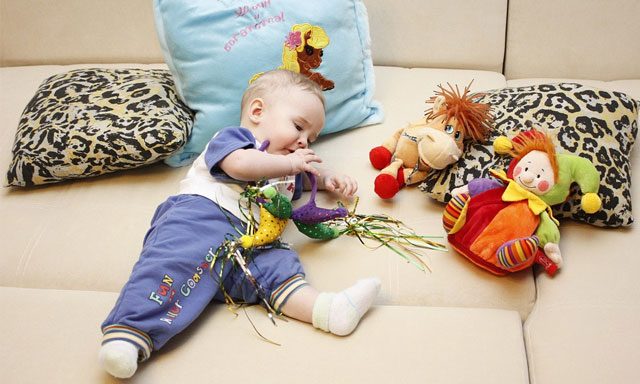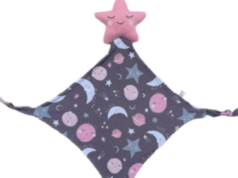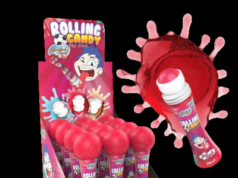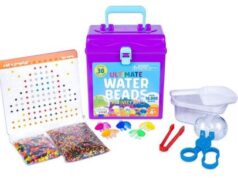
Has your child been injured due to an unsafe or otherwise dangerous toy? You may be owed compensation by the manufacturer.
Toys provide children with endless hours of fun, and are a great way of encouraging positive social behavior and contributing to child development. Unfortunately, not all toys are created equal.
The bottom line is that manufacturers owe consumers a legal duty to keep them from unreasonable harm caused by their products. When they fail in this duty and someone is injured or killed as a result, they can be held strictly liable for any related damages suffered by the victim.
Unsafe Toys – An Ever Present Danger
Over the last decade, the number of children’s toys being recalled has increased—particularly among those made in China. From lead-coated toys to small parts that can be swallowed to hoverboards with exploding batteries, dangerous toys have become a major concern for parents.
Government agencies such as the CPSC have been working hard to let the public know about new and potentially dangerous toys so that they can be recalled and removed from store shelves, but it’s not a perfect system. Not all recalls are followed, and even when they are, it’s impossible to notify all consumers who’ve already purchased the item.
Dangerous toys come in different forms and sizes. From BB guns to magnetic spheres to mini race cars, many dangerous toys target different age groups as well as interests. These are heavily-marketed all year round, and hapless parents are none the wiser, assuming that these items have undergone rigorous testing and inspection before being released into the public domain.
Toy Safety
Children are a curious and tactile bunch. As such, they will attempt to use toys in ways they were not intended to be used, such as putting them in their mouths, bathing with them, and so on. As a result, manufacturers must take this into account. These toys must come with safety labels that clearly lay out how these toys should be used, as well as the potential choking, electrocution or burn hazards they may expose children to.
Toy manufacturers are more often than not based in other countries. This means that new toys which hit the market have almost always been imported from countries such as China, Thailand and Mexico. That being said, local importers and subsidiaries are required by the law to make sure these toys are safe for use by carrying out independent testing before releasing them into the market. Failure to do so constitutes negligence on their part, making them open to product liability claims should a child suffer injuries due to use.
Avoiding Dangerous Toys
The good news is that there have been fewer toy recalls over the last few years, although clothing and nursery product recalls are actually increasing. It’s estimated that 17 million toys were recalled back in 2006, with only 370,000 being recalled in 2015.
When buying toys for your child, please watch out for the following:
- Noisemaking toys, while fun, can expose your child to loud noises for extended periods of time, putting them at risk of permanent hearing loss.
- Toy cap guns can cause hearing loss and burns when the strips or paper rolls inside of them are ignited.
- Any toys with sharp edges may cause cuts on your children or other people.
- Any toys with small and removable parts should be tested against a tube called a small parts tester before buying them in order to avoid choking hazards.
- Toys without adequate warning labels.
- Toys under an active recall.
Parents whose children are harmed by dangerous toys should inform the company that makes or imports them, because it may be possible that other kids may face similar dangers down the line. On top of that, they should alert the Consumer Product Safety Commission (CPSC) immediately so that the matter can be investigated and a recall notice sent out, if warranted.
If the product contained a manufacturing defect, did not come with proper precautions for use, or caused an injury due to poor design, it may be possible to hold the manufacturer financially liable for your related expenses. These types of personal injury claims fall under product liability law, and in order to have the best chance at winning compensation, you should consult with a product liability lawyer in your area.







